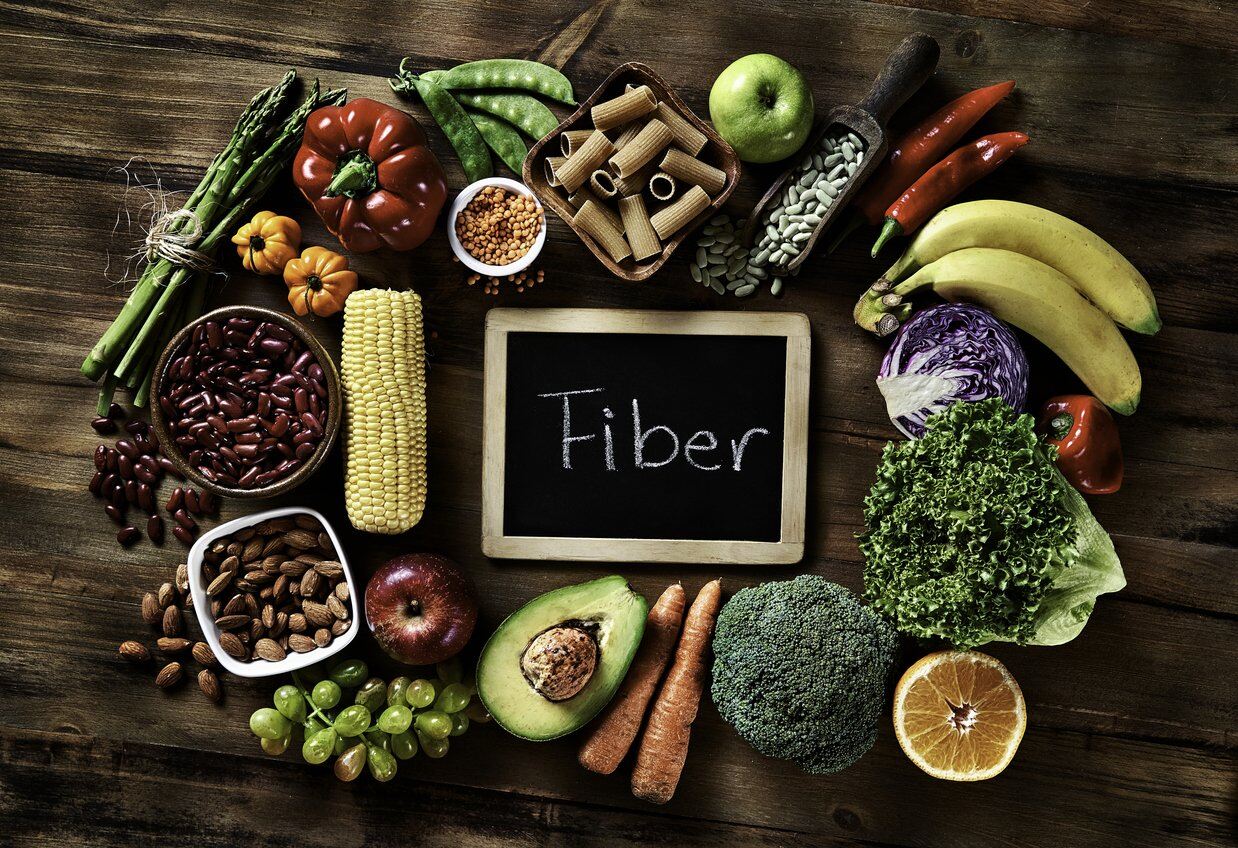
Fiber is an essential component of a healthy diet, yet it is often overlooked. It plays a crucial role in maintaining digestive health, regulating blood sugar levels, and supporting heart health. Despite its importance, many people do not consume enough fiber in their daily diet. In this article, we will explore 10 fascinating facts about fiber that highlight its significance and the benefits it offers for overall well-being. Whether you’re looking to improve your digestion, manage your weight, or enhance your heart health, understanding the impact of fiber on the body is key. Let’s delve into the world of fiber and uncover the valuable insights that can help you make informed choices about your dietary habits.
Key Takeaways:
- Fiber is a special type of carb that helps with digestion and can be found in fruits, veggies, and whole grains. It’s super important for keeping our bodies healthy and preventing diseases.
- Eating enough fiber can help us feel full, manage our weight, and lower the risk of heart disease and diabetes. Just remember to increase fiber intake slowly and drink lots of water!
Fiber is a type of carbohydrate that the body cannot digest.
Unlike other carbohydrates, such as sugars and starches, fiber passes through the digestive system relatively intact. This indigestible nature is what gives fiber its unique health benefits.
There are two main types of fiber: soluble and insoluble.
Soluble fiber dissolves in water and can help lower blood cholesterol and glucose levels. Insoluble fiber does not dissolve in water and adds bulk to the stool, aiding in the passage of food through the digestive system.
Fiber is commonly found in plant foods such as fruits, vegetables, whole grains, and legumes.
These foods are essential components of a healthy diet and provide a wide range of vitamins, minerals, and antioxidants in addition to fiber.
Most people do not consume enough fiber in their diets.
The recommended daily intake of fiber is 25 grams for women and 38 grams for men, but many individuals fall short of this goal.
Fiber plays a crucial role in digestive health.
It promotes regular bowel movements, prevents constipation, and supports the growth of healthy gut bacteria.
Eating a high-fiber diet can aid in weight management.
Fiber-rich foods tend to be more filling, which can help control appetite and reduce overall calorie intake.
Fiber has been linked to a reduced risk of chronic diseases.
Research suggests that a high-fiber diet may lower the risk of heart disease, stroke, type 2 diabetes, and certain types of cancer.
Increasing fiber intake should be done gradually.
Rapidly adding large amounts of fiber to the diet can cause digestive discomfort, so it’s best to increase fiber intake slowly and drink plenty of water.
Fiber supplements can be used to boost fiber intake.
For individuals who struggle to meet their fiber needs through diet alone, supplements can provide a convenient solution.
It’s important to stay hydrated when consuming a high-fiber diet.
Drinking an adequate amount of water is essential for the proper function of fiber in the digestive system and can help prevent potential side effects like bloating and gas.
Conclusion
Fiber is an essential nutrient that offers numerous health benefits. It aids in digestion, helps control blood sugar levels, promotes heart health, and supports weight management. Incorporating fiber-rich foods into your diet can have a significant impact on your overall well-being. By consuming a variety of fruits, vegetables, whole grains, legumes, and nuts, you can ensure that you meet your daily fiber requirements. Whether you’re looking to improve your digestive health, maintain a healthy weight, or reduce the risk of chronic diseases, fiber is a crucial component of a balanced diet. Making informed choices about the foods you eat can lead to a healthier lifestyle and a reduced risk of various health conditions.
FAQs
What is fiber?
Fiber is a type of carbohydrate found in plant-based foods that the body cannot digest. It passes through the digestive system relatively intact and offers various health benefits.
How much fiber should I consume daily?
The recommended daily intake of fiber is 25 grams for women and 38 grams for men. However, individual needs may vary based on age, sex, and overall health.
What are some good sources of fiber?
Fruits, vegetables, whole grains, legumes, nuts, and seeds are excellent sources of fiber. Incorporating these foods into your diet can help you meet your daily fiber requirements.
Can fiber help with weight management?
Yes, fiber-rich foods can aid in weight management by promoting a feeling of fullness and reducing overall calorie intake. Additionally, they can help regulate blood sugar levels and support digestive health.
How does fiber benefit heart health?
Fiber can help lower cholesterol levels, reduce the risk of heart disease, and improve overall heart health. It achieves this by binding to cholesterol and promoting its excretion from the body.
Curious about fiber's impact on your health? Dive deeper into fiber's fascinating world by exploring Fiber One cereal nutrition facts, uncovering the healthy snack benefits of Fiber One bars, and discovering valuable insights from Fiber One bar nutrition facts. Empower yourself with knowledge to make informed choices for a fiber-rich, nutritious diet.
Was this page helpful?
Our commitment to delivering trustworthy and engaging content is at the heart of what we do. Each fact on our site is contributed by real users like you, bringing a wealth of diverse insights and information. To ensure the highest standards of accuracy and reliability, our dedicated editors meticulously review each submission. This process guarantees that the facts we share are not only fascinating but also credible. Trust in our commitment to quality and authenticity as you explore and learn with us.


